Deep-sea research group
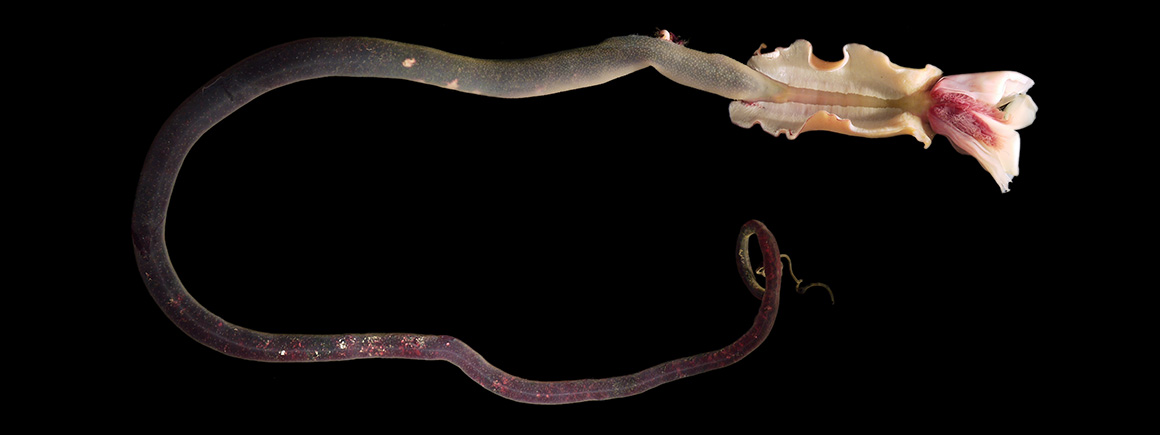
The research group is interested in deep-sea species, such as tube worms (Lamellibrachia). Credit: Adrian Glover.
Welcome to the Deep Sea Lab Group.
We study the ecology, biodiversity, conservation, taxonomy and evolutionary biology of deep-sea and Antarctic invertebrate animals.
We work with academic colleagues, government funding agencies and industry to take part in deep-sea oceanographic research expeditions in the remotest regions of our planet.
Our research is focused on invertebrate groups such as annelids (polychaetes), echinoderms, sponges and molluscs that exhibit remarkable diversity in our oceans. We work in environments such as the vast mud-covered abyssal plains that make up 54% of planet Earth’s solid surface, as well as the unique ecosystem of the Antarctic Southern Ocean. We also study the ecology and evolution of animals living at hydrothermal vents - underwater hot springs and oases of remarkable evolutionary novelty in the deep sea.
We are undertaking a range of externally-funded science projects related to deep-sea biology. Our work is underpinned by a commitment to the highest quality integrative taxonomic work with data and specimens made available in open-access publications and museum collections for future generations.
Project summary
Focus: Studying the evolution, ecology and biodiversity of life in the planet's largest ecosystem.
Join the conversation
Get involved with our work by searching #NHMDeepSea on Twitter.
Museum staff
Lenka Nealova
Dr Georgina Glaser
Eva Stewart
Callum Slade
Scientific associates
Dr Lucy Woodall
Dr María Belén Arias Mella
Projects
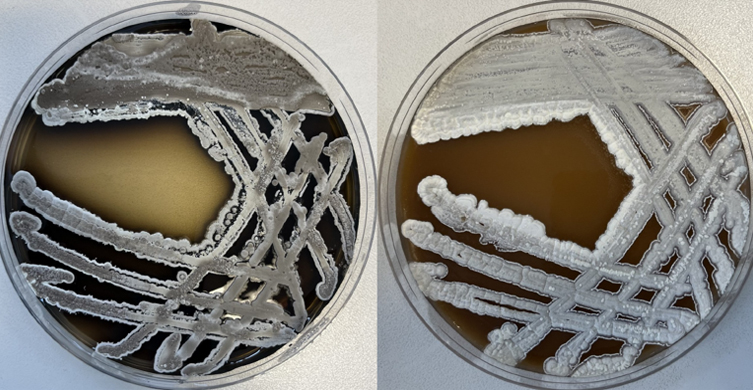
DEEPEND: Deep-ocean resources and biodiscovery
Studying the societal value of biodiversity in the deep sea.
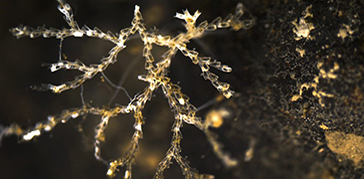
Biodiversity in deep-sea mining exploration areas
Studying biodiversity in the deep abyssal Pacific Ocean, which is being explored for potential deep-sea minerals.
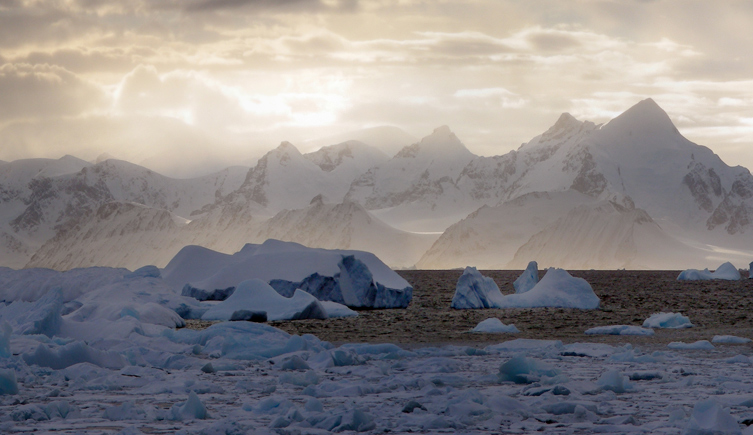
Antarctic marine biodiversity and climate change
Documenting and monitoring biodiversity deep in the Southern Ocean.
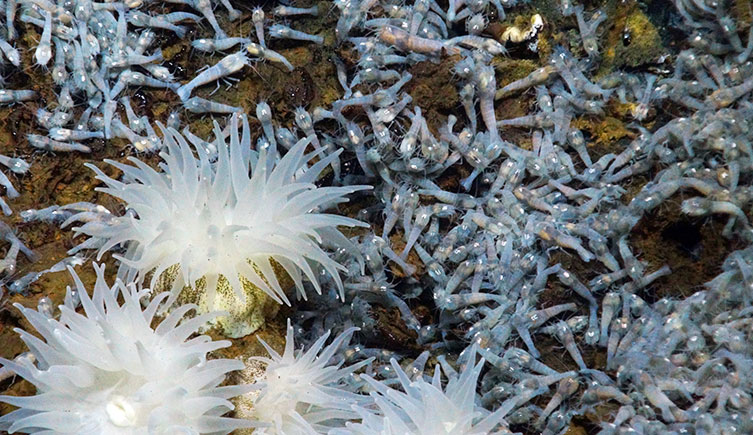
Exploring the evolution of animals at deep-sea hot springs
Examining the role of hydrothermal vents in driving the evolution of novel adaptations in deep-sea animals.
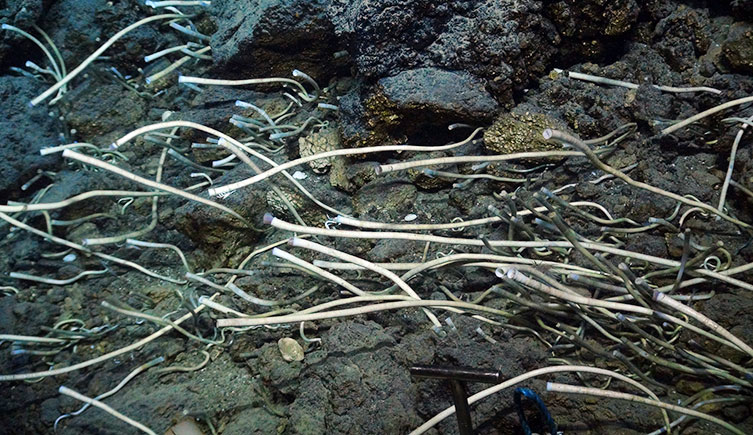
Systematics and ecology of deep-sea chemosynthetic ecosystems
Studying the animals at deep-sea hydrothermal vents and related ecosystems.
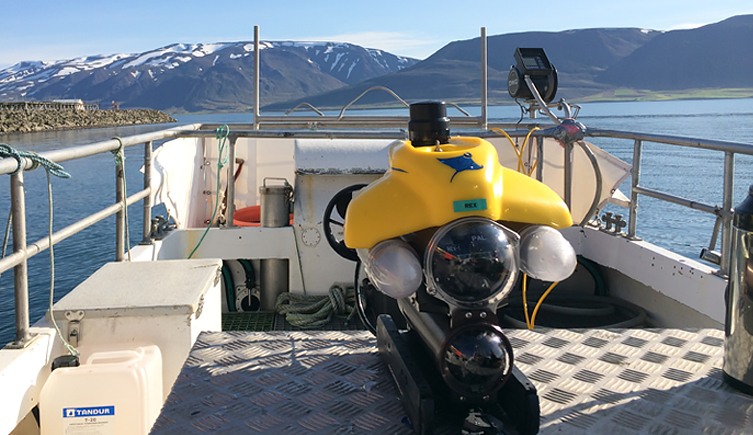
REX: the remotely operated vehicle for education and exploration
Creating a low-cost underwater exploration facility for everyone.
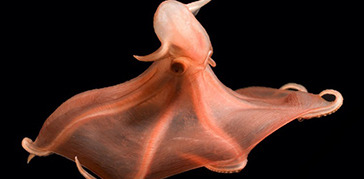
Deep Sea ID app
Creating a simple, photographic guide to deep-sea fauna to improve identifications in the field.